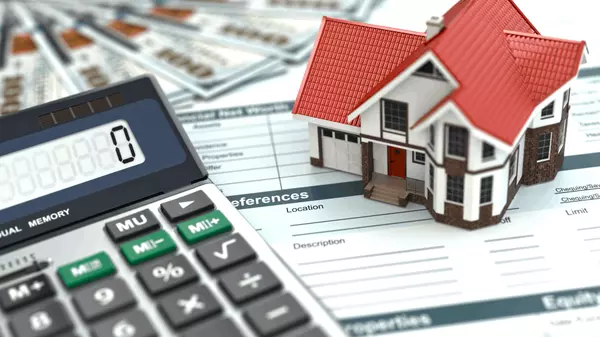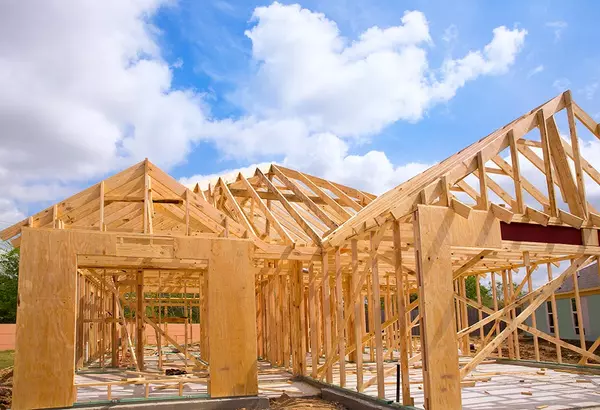
How To Choose a Great Local Real Estate Agent
Selecting the right real estate agent can make all the difference when buying or selling a home. With so many options available, how do you pick the best one for your needs? Here are some key tips to help guide your decision: 1. Evaluate Their Reputation Start by gathering information on local agen

How Mortgage Rate Changes Impact Your Homebuying Power
If you're considering buying or selling a home, mortgage rates are probably top of mind. That's because mortgage rates directly impact how much house you can afford and how much you'll be paying in your monthly mortgage payment. Let's break down what you need to know about mortgage rates and how th

Is Home Affordability on the Mend?
In recent years, buying a home has been a significant challenge for many. While affordability remains a hurdle, there's a glimmer of improvement on the horizon. Lawrence Yun, Chief Economist at the National Association of Realtors (NAR), notes: “Housing affordability is improving ever so modestly,
Categories
Recent Posts










